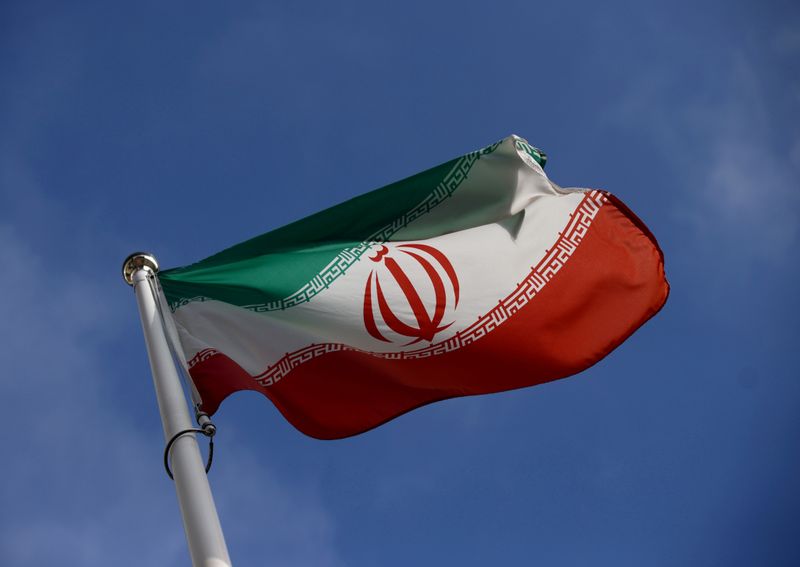By Robin Emmott and John Irish
BRUSSELS/PARIS (Reuters) - The European Union is set to agree to sanction several Iranian individuals on Wednesday for human rights abuses, the first such measures since 2013, three EU diplomats said.
EU envoys are expected to agree to impose travel bans and asset freezes on the individuals, the diplomats said, and their names would be published next week, when the sanctions take effect. They gave no further details.
The European Union declined to comment.
Like the United States, the European Union has an array of sanctions over human rights since 2011 on more than 80 Iranian individuals which has been renewed annually every April. Those will also be renewed on Wednesday, the three diplomats said.
Asked why the latest measures were being taken now, one of the diplomats said the EU was seeking to take a tougher stance to uphold human rights. This month, the EU sanctioned 11 people from countries including China, North Korea, Libya and Russia.
"Those responsible for serious rights violations must know there are consequences," an EU diplomat said.
The United Nations has regularly complained that Iran arrests political opponents in a clampdown on freedom of expression. On March 9, U.N. special rapporteur on the situation of human rights in Iran, Javaid Rehman, presented a report documenting Iran's high death penalty rate, executions of juveniles, the use torture to coerce confessions and the lawful marriage of girls as young as 10 years old.
Iran has repeatedly rejected accusations by the West of human rights abuses. Iranian officials were not immediately available for comment.
NUCLEAR ACCORD
Despite the human rights situation, no Iranians have been added to that list since 2013, however, as the bloc has shied away from angering Iran in the hope of safeguarding a nuclear accord Tehran signed with world powers in 2015.
The three diplomats said the sanctions were not linked to efforts to revive the nuclear deal, which the United States pulled out of but now seeks to re-join. That deal made it harder for Iran to amass the fissile material needed for a nuclear bomb - a goal it has long denied - in return for sanctions relief.
The EU revoked its broader set of economic and financial sanctions on Iran in 2016 after the nuclear deal was struck, although it did impose sanctions on an Iranian intelligence unit and two of its staff in 2019, alleging Tehran plotted attacks in Denmark, France and the Netherlands. Iran rejects the accusations.
In a rare move last September, France, Britain and Germany summoned Iran's envoys to admonish them over their country's human rights record in what France's foreign ministry said were "serious and constant violations."
The three European countries had pushed for sanctions over Iran's missile programme and its involvement in Syria in March 2018, when Britain was still a member of the EU.

But other EU governments feared it could also upset European firms' chances of winning lucrative contracts in Iran as the country tried to open up after decades of isolation.